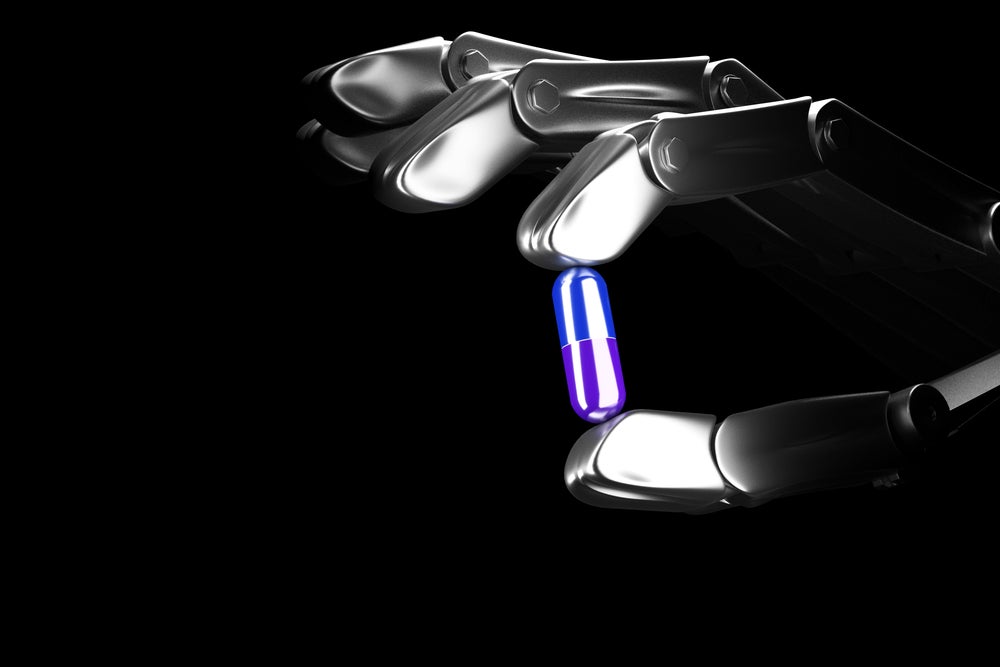Prescription drug costs for NHS rise by 8% to £10.4bn in England
The Prescription Cost Analysis also highlighted that the drug with the largest increase in cost was the anticoagulant apixaban.

The annual prescription cost report by the UK’s National Health Services (NHS) has revealed that the total cost of dispensed prescription items for 2022/23 was £10.4bn ($13.08bn), an 8% increase from £9.7bn ($12.2bn) in the previous fiscal year.
The Prescription Cost Analysis, which includes prescription data submitted to the NHS Business Services Authority (NHSBSA) for reimbursement, covers items prescribed across the UK and Channel Islands but only those that were dispensed only in England.
In addition to total cost – which has increased by 17% since 2014/15 – the report also shed light on the drugs and therapy areas that reported the most dispensing activity and highest costs in the FY 2022/23 period.
Apixaban, the generic form of Eliquis by Pfizer and Bristol Myers Squibb, maintained its status as the highest-costing drug to the NHS in England in the 2022/23 period. The drug was responsible for £430m ($540.8m) spending in the NHS, and its nearest competitor was a corticosteroid used in asthma treatment called beclometasone dipropionate at just over £300m ($377m). Apixaban 5mg tablets exhibited the largest increase in overall costs since the previous fiscal year compared to other presentations – rising by £280m ($352m).
In addition to being used as an anticoagulant, apixaban was being proposed as a post-Covid treatment for to help patients recover from moderate-to-severe Covid-19. This use was debated last year when a study by Addenbrooke’s Hospital and the University of Cambridge found that the drug does not reduce the risk of blood costs in patients with Covid-19.
Atorvastatin, the generic form of Pfizer’s blockbuster statin Lipitor, continued to be the most dispensed chemical substance – with 59 million prescriptions. The cardiovascular disease-preventing medication was joined on the top ten list by other similar treatments for cardiovascular conditions – Amlodipine (available on the NHS as Istin by Pfizer), Ramipril (available on the NHS as Tritace by Sanofi), and Bisoprolol fumarate. Recently, cardiovascular care has been particularly affected by globally rising drug costs and flashpoints of shortages.
At a more general therapy area level, according to classification by the British National Formulary (BNF), cardiovascular drugs accounted for 29% of all dispensed items or 340 million items. This was followed by treatments for central nervous system and endocrine system disorders contributing to 19% and 11%, respectively of total dispensed items.
Drugs for endocrine disorders were the most expensive – reaching £1.78bn ($2.24bn), contributing to around 17% of total costs. Treatments classified under the cardiovascular system and central nervous system followed with costs of £1.67bn ($2.1bn) and £1.59bn ($2bn) respectively.
What's Your Reaction?

































